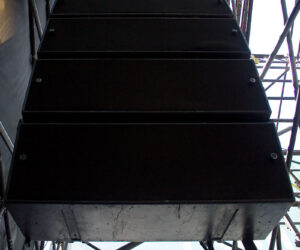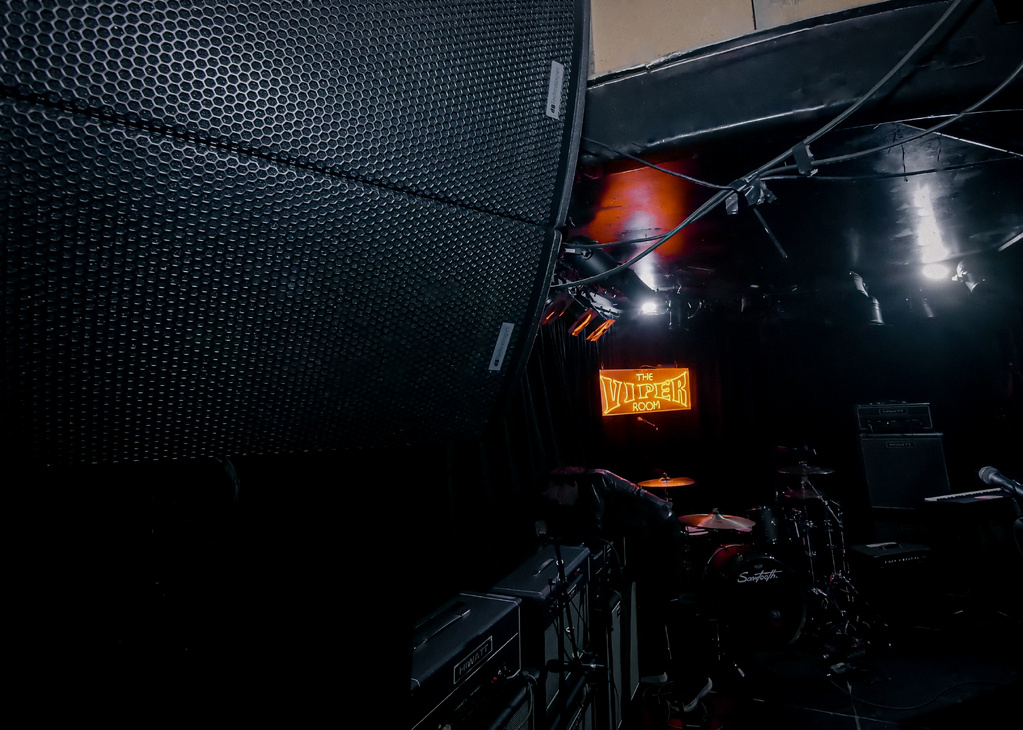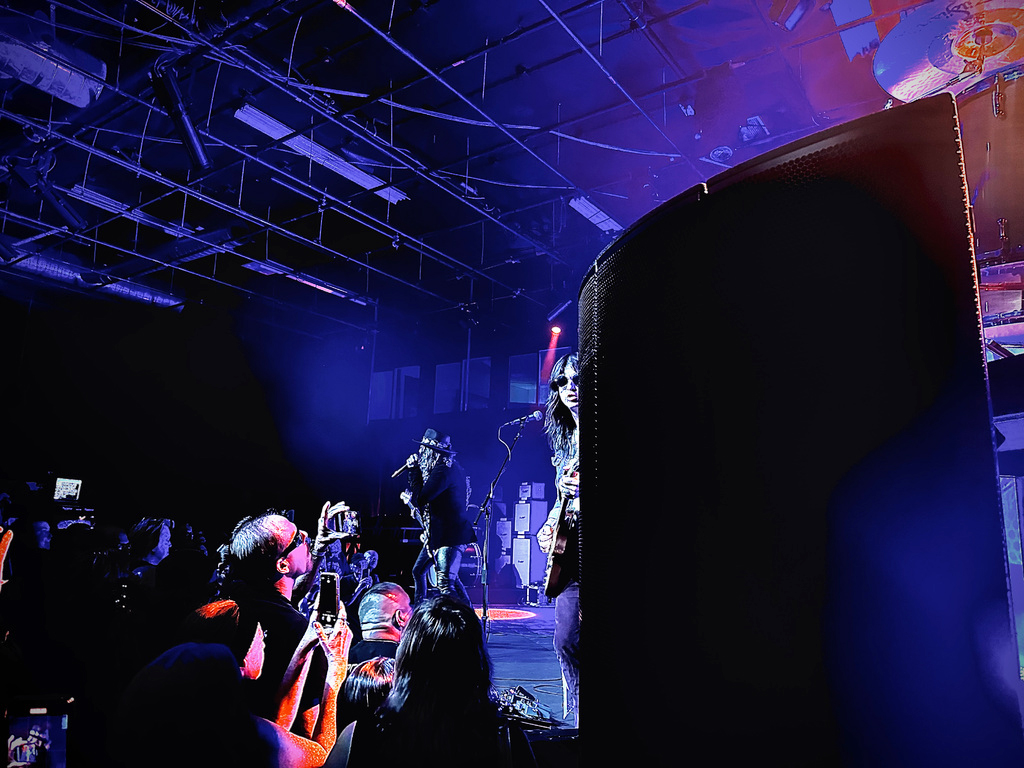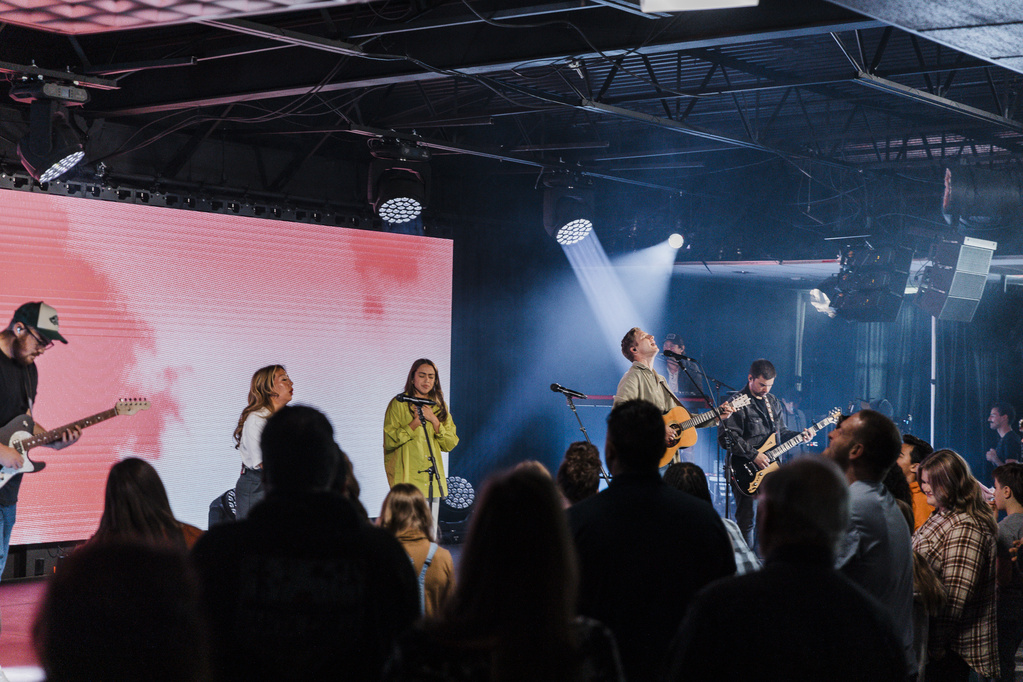I’ve been saying this for a while, but there is a change a comin’ in the church. While some disagree with me, I suggest that we are nearing the end of the era for big church buildings with big production going on.
Not that big buildings will disappear all together, but there will be fewer of them and they will not be the sought-after goal of most churches.
I’m hearing similar thoughts from other church leaders, and the latest to chime in is Thom Rainer. Last week he wrote a post listing seven reasons church worship centers will get smaller.
Unlike the last time I referenced a post in an article, I’m pretty much in agreement with him on this one. I really believe this is coming, and it’s going to affect what we do as technical leaders. Let’s consider some of his points.
Multi-Site & Multi-Venue Churches Are On The Rise
We see this everywhere. More and more churches are discovering that they can have a significantly more powerful impact on their community by launching multiple, smaller campuses instead of one big one. Or perhaps they will do multiple venues with different worship styles. Either way, this tend is here to stay (until the next trend, anyway).
What does this mean for us? On the plus side, all of these venues will need at least a basic production technology package. Often, it will need to be portable. So we’ll have a lot of gear to manage.
However, with smaller campuses, come smaller congregations (that’s kind of the point, right?), and smaller budgets. Not many churches will be hiring full-time guys to run campuses. I suspect what we’ll see is churches hiring one or maybe two technology directors who will oversee all the campuses, helping recruit, train and keep volunteers going.
In this scenario, technical leaders won’t be nearly as hands-on; we won’t be able to be in five places at once. But we will need to be really good at putting together packages of gear that can survive being loaded in and out by volunteers each week. If you have holes in your technical systems knowledge, now is the time to fill them in.
We’re Seeing A Significant Shift From Big Worship To An Emphasis On Groups
Thom points out—correctly in my opinion—that churches are starting to move away from the worship service being the central event of the church. It’s not going to go away, but there will be more emphasis on groups. Churches will be needing to raise up more leaders who can lead groups.
What does this mean for us? We’re already seeing it. Churches are becoming less interested in hands-on techs and more interested in technical leaders who can train and develop others to do the work.
Again, this won’t be binary. There will likely always be churches with large tech staffs who do the work. But I suspect we’ll see a shift towards volunteer teams, even in larger churches. If you’re a hard-core tech with no people skills, this is going to be a challenging transition for you.
But if you’re a builder of people and teams, you will do well. Now is the time to start honing those leadership and discipleship skills; you’ll be needing them!
We Will Be Spending Less On Buildings, More On Ministry
Again, more and more churches are foregoing a large, expensive worship center (or sanctuary, auditorium or whatever you want to call it), so they have more funds to invest in community ministry programs. I’ve always been conflicted with how much production technology costs.
On the one hand, I believe if we’re going to commit to doing production, we should do it well, and that takes money. On the other hand, I wonder sometimes if our priorities are misplaced. I’m not settled on this, and I suspect we’ll always live in tension in this regard.
What does this mean for us? Budgets will continue to shrink. We’ll have to find ways to do more with less. We will need to get very creative in how we do production. It may be that we do less production, but do what we do very well.
Hard choices will need to be made, and this will be a problem for some. If you refuse to work on anything but a Grand MA2 or a DiGiCo SD7, this may be hard for you. But if you’re open to scaling back and still doing production with excellence, this is going to be a lot of fun.
Mike Sessler is the Technical Director at Coast Hills Community Church in Aliso Viejo, CA. He has been involved in live production for over 20 years and is the author of the blog, Church Tech Arts . He also hosts a weekly podcast called Church Tech Weekly on the TechArtsNetwork.





















